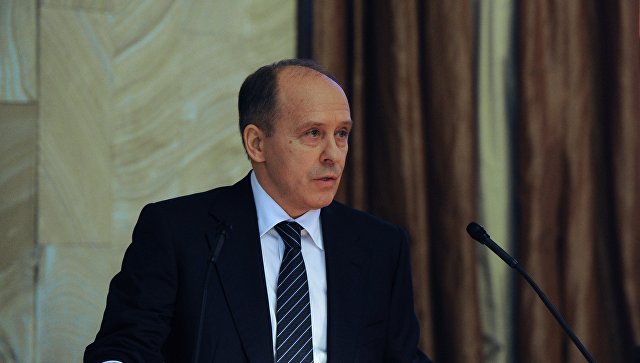At last the USA and the UK have started to seriously co-operate with Russia on our common vital interest in Islamic terrorism. A critical meeting has taken place in Krasnodar in southern Russia at which US and UK Intelligence services were present. Why was this not reported widely? Because the western mainstream media has an agenda? Even when it comes to terrorism?
The attack by NATO on Russia, started with the dismemberment of Yugoslavia, then encouragement of extreme nationalists forces (with fascist histories) in Croatia, Kosovo, Bosnia and Ukraine and (despite assurance to the contrary when the Berlin wall came down) the gradual absorption of East European nations (which Moscow had set free) into a sovereignty- and democracy-destroying European Union.
Russia, as a mainly European, Christian, (increasingly) democratic capitalist and increasingly democratic polity was regarded by the West as the new enemy – despite having once valued these principles. But then we descended into supranational corporatism and the enemy of democratic nations. Russia was not a threat to us – we became a deadly threat to Russia.
This went so far as to refuse cooperation on even the most pernicious of all crises facing us – world wide Islamic terrorism. As a result of these attacks Russia saw itself more and more allied to India and China, both of whom have no difficulty in seeing the Islamic threat.
This week in Krasnodar near the Black Sea, in the very same hotel where I stayed last year when I lectured at the University there, there was a meeting of 116 delegates from the Intelligence and security services from 75 countries.
This included British Intelligence operatives and the Head of Special Ops from the CIA. They agreed to cooperate against terrorism and create a common bank of terror related information based on the experience of Russian special forces dealing with ISIS.
Russia has suffered terrorist attacks from Islamists for many years and through its activities in Syria (where its armed services have been conspicuously more successful than the US led coalition against ISIS) it has much intelligence and databases of critical importance in the fight against terrorism throughout Europe and probably the USA.
Alexander Bortnikov the Russian head of the FSB shared with his colleagues from the 75 states new techniques which Russian army special operations applied in their fight against terrorist armed groups. Counter measures and providing security for international events were also discussed.
Considering the way in which NATO and EU attacks on Russia, geopolitically, financially, and economically (with sanctions) which have boomeranged against our interests in Korea, South East Asia, South America, the Philippines, Europe and China, it is encouraging that at last the West has recognised the value of good relations with Russia – in at least this area of international crisis.


















